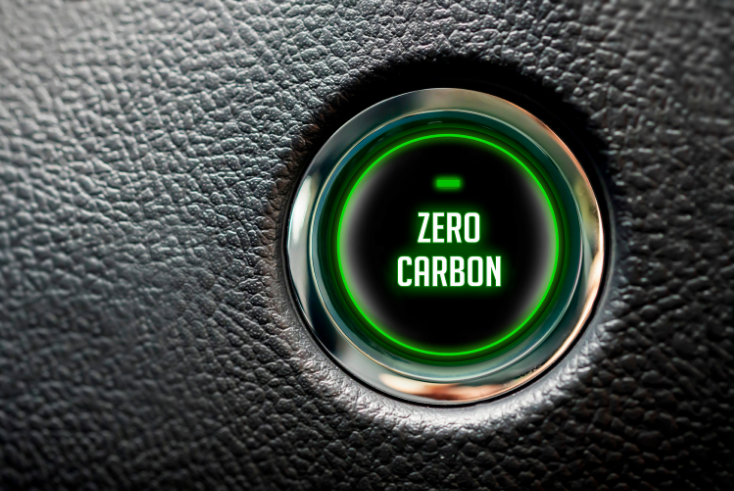Advertisers’ core audiences are ‘driving the most emissions’

The “top 10%” of consumers that are most coveted by advertisers are responsible for driving the most carbon emissions, a WPP agency’s sustainability lead has warned.
Laura Wade, vice-president, head of sustainability at Essence, told Ad Net Zero’s Global Summit in London today that consumption needs to go down by 70% in the UK to hit Net Zero targets by 2030.
In conversation with PubMatic’s chief revenue officer Emma Newman, Wade said: “I’m very aware that we talk about citizens and all the small changes that they can make, but it’s the top 10%, the affluent target audience, that a lot of us target that are driving the most emissions and that’s true globally as well.”
Wade added: “I think our biggest challenge is how do we start crafting a vision of what success looks like that is decoupled from carbon-heavy behaviours.”
She gave the example of a luxury brand wrap on Oxford Circus tube station over the past three to four weeks showing beautiful women draped over private jets.
Wade explained: “Someone had written ‘F consumption’ across it, and I think that’s our role. How do we start not only promoting the products and behaviours that we want to drive but also thinking about how do we start demonstrating that a more sustainable life is one that is linked to wellbeing, community values that really do make a difference versus private jets, Rolexes, and luxury goods.”
Advertising could normalise what “a good life” looks like, she said, which Newman echoed by saying “less stuff, more joy”.
What is the role of advertising in a net zero society?
Wade told delegates: “The next eight years are going to determine what life is like for all living things on the planet and we have a choice about the role that we have in that, we can be the catalyst for that change, or we can continue to be the problem.”
When asked if the job of a marketer to create demand for products was at odds with the goal of reducing environmental impact, Wade explained that products will change to be more like services in future and the industry needs to change to start creating demand for sustainable behaviour.
She gave the example of products changing to become more durable, so the promotion and demand can be shifted to refurbishment or DIY.
Wade said: “Demand and growth do not necessarily have to be linked with the linear process of consumption and waste, and I think that’s where we need to get a bit more clever.”
She made the point from watching coverage of COP27 that “every fraction matters” when it comes to climate change and specifically called for more consistency in carbon measurement and public science-based targets across the advertising supply chain.
Wade also made the case for more collaboration and commitment to measuring carbon in a consistent way and shaping what role advertising will play in a net zero society to help everyone speak with knowledge of carbon literacy and align on goals that need to be achieved “desperately”.
Wade used GroupM’s decarbonisation framework as an example of how open source transparent carbon measurement and consulting external experts rather than only looking inward can help the industry.
A sustainable programmatic framework
Essence UK has also launched a sustainable programmatic framework with criteria for partners including: whether they have a net zero target, are willing to be part of a regeneration fund and have an editorial commitment to climate misinformation.
The last of which Wade described as “a hot potato” topic, describing climate delay and divisive narratives that pit the cost of living against the cost of transition as climate misinformation.
When asked about the reactions of clients and publishers to higher costs for sustainable approaches, Wade mooted the idea of looking at shared costs with everyone in the chain contributing to regenerative funds.
She added: “We need to come together as a community because for our industry to survive and be relevant and welcomed in a net zero society, we now have to prove its worth.”




